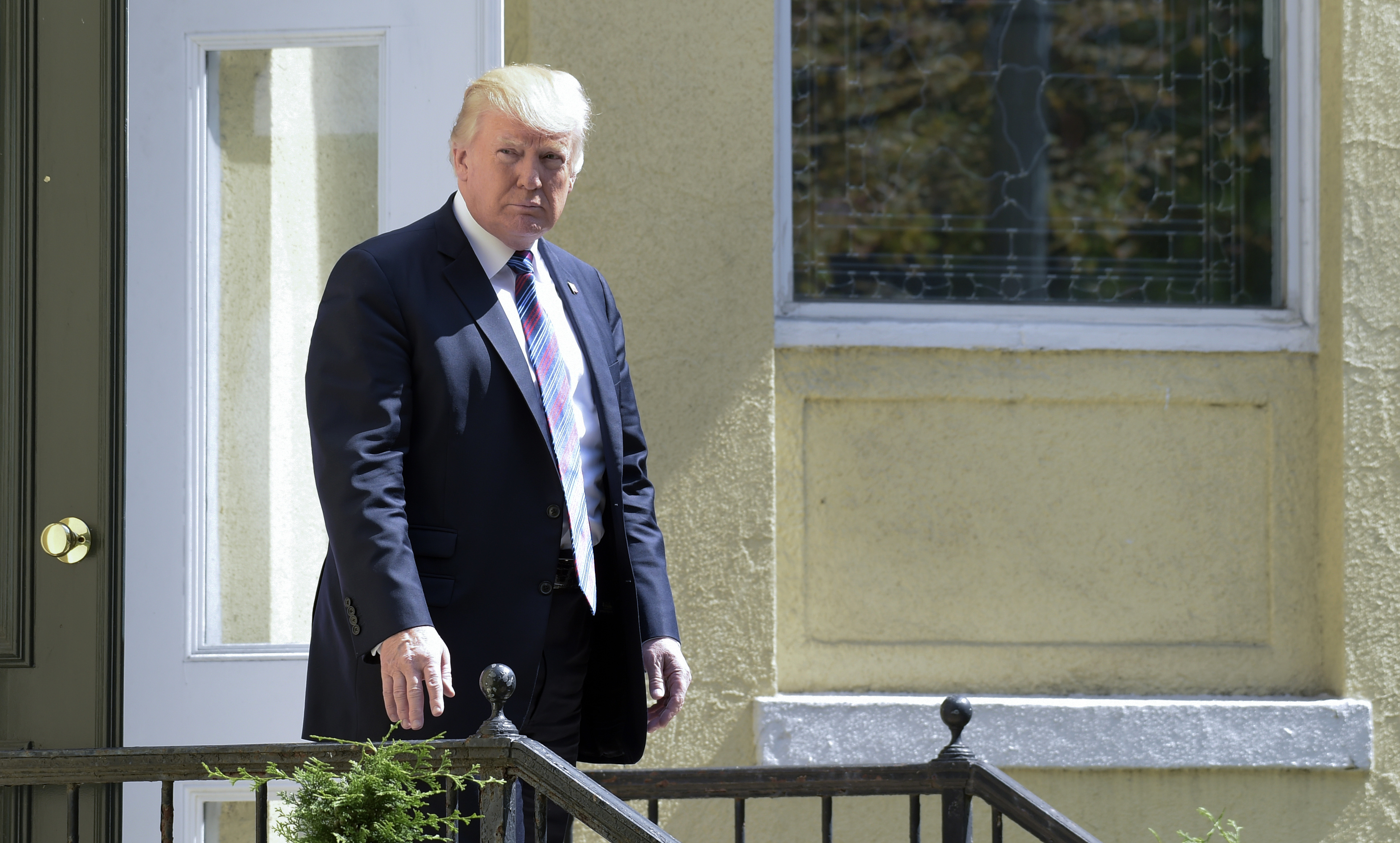Fifteen states, plus the District of Columbia, filed a lawsuit in New York on Wednesday against the Trump administration over its decision to end the Deferred Action for Childhood Arrivals program, which protects from deportation roughly 800,000 undocumented immigrants who were brought to the US as children.
The lawsuit was first announced by Washington State Attorney General Bob Ferguson on Wednesday, and is being joined by attorneys general in New York, Massachusetts, Washington, Connecticut, Delaware, District of Columbia, Hawaii, Illinois, Iowa, New Mexico, North Carolina, Oregon, Pennsylvania, Rhode Island, Vermont, and Virginia.
Ferguson said Trump’s decision violates the due process rights of the immigrants, and could put them at risk due to the information they provided to the government when applying for DACA.
“It’s outrageous, it’s not right,” Ferguson said, the Associated Press reported. “As attorney general for the state of Washington, I have a hammer, it’s the law.”
New York Attorney General Eric Schneiderman and New York Gov. Andrew Cuomo had announced on Sunday they would sue the Trump administration should it rescind DACA. According to Cuomo, 42,000 New Yorkers are DACA recipients.
"This was done not to make us safer," Schneiderman said of Trump's decision at a Wednesday press conference. "This was done with discriminatory intent."
The suit cites as evidence several statements Trump made during his presidential campaign, including the now-infamous line from his campaign announcement accusing Mexican immigrants of "bringing drugs, they're bringing crime, they're rapists. And some, I assume, are good people."
The suit also referred to Trump's recent pardon of former Maricopa County, Arizona Sheriff Joe Arpaio, who was convicted of criminal contempt for violating a federal court order to stop racially profiling Latinos.
"As President Trump's statements about Mexico and those with Mexican roots show, the President has demonstrated a willingness to disparage Mexicans in a misguided attempt to secure support from his constituency, even when such impulses are impermissible motives for directing governmental policy," the lawsuit said.
Schneiderman added that there was "no good reason to end" DACA, which he called "incredibly successful." Instead, Trump's decision was "driven by the president's personal anti-Mexican, anti-Latino bias," he said.
The suit alleges that Trump's decision to end DACA violates the Constitution's due process and equal protection clauses, and also violates the Administrative Procedure Act.
The lawsuit's path forward is hazy, however. Legal experts have said that Trump is generally within his rights to end the program, which was implemented in 2012 by President Barack Obama.
"Trump clearly has the legal authority to nullify DACA," Peter Spiro, an immigration law professor at Temple University who supports DACA, told Bloomberg News. "That's the problem generally with executive action - what is done by one president can be undone by a successor. Live by the sword, die by the sword."
The Trump administration opted to phase out DACA over six months, after facing an ultimatum from officials from 10 Republican states, who threatened to proceed with a lawsuit against DACA if Trump didn't announce he would rescind the program by September 5.
The six-month window was intended, the Trump administration said, to give Congress an opportunity to enact a replacement program.

